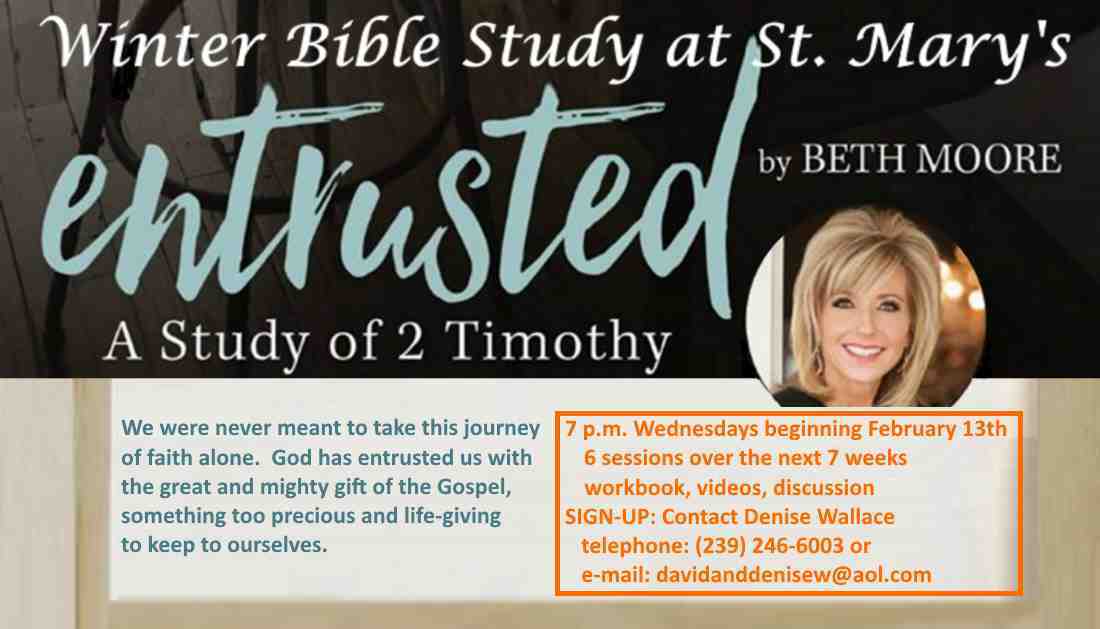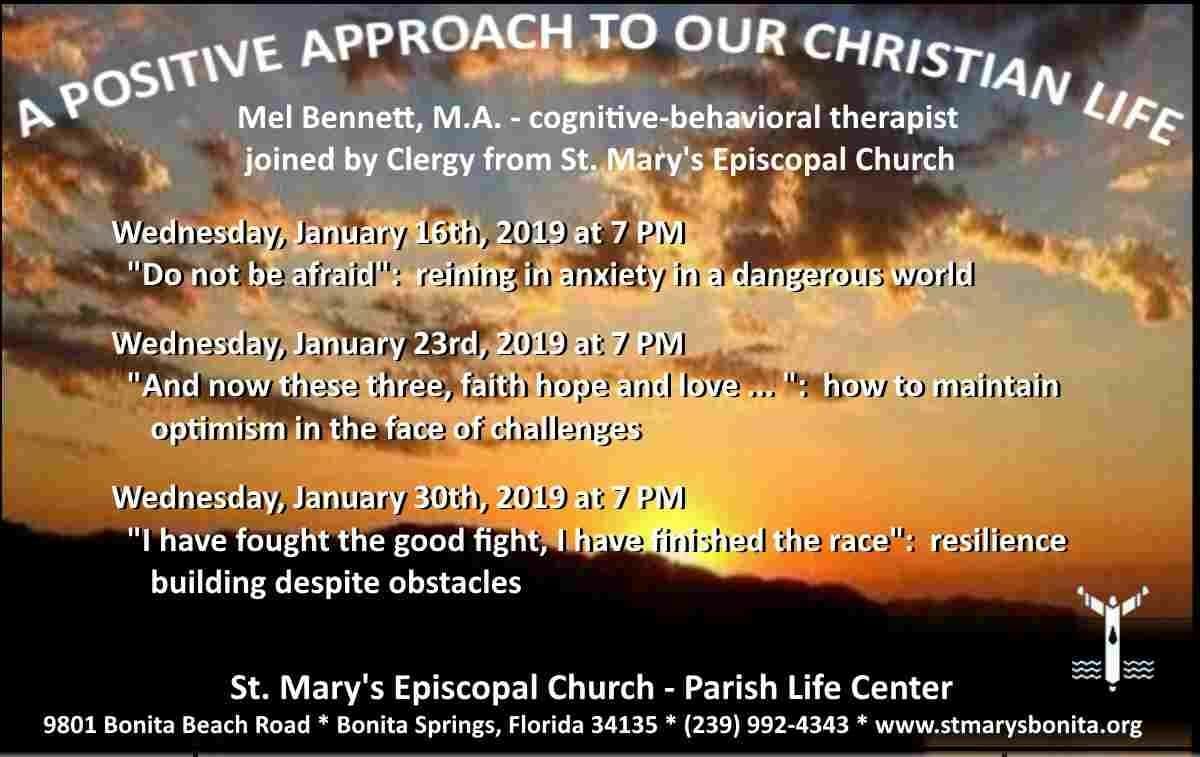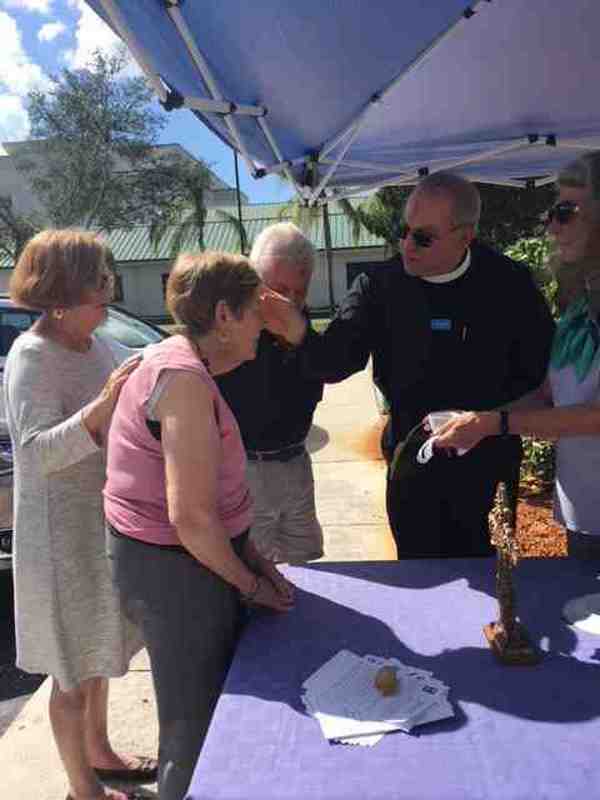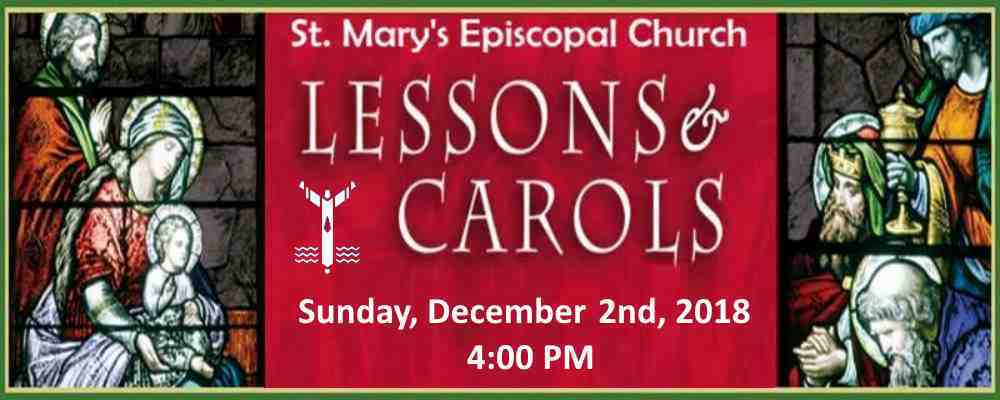Wednesday in Easter Week
Please read these scriptures
Acts 3:1-10
Luke 24:24-35
Today’s readings give us spiritual guidance, spiritual direction, as we live in and for our risen Lord.
In Acts 3, Peter and John are going to the temple in the third hour (9:00 am) for prayer. We learn that from the earliest days of the Church, the pattern of Christians gathering together for prayer at fixed times is solidly rooted.
So when we say Morning and Evening Prayer in the church, when monasteries say the sevenfold office for the day, when we gather in small communities of Christians to pray, we are living into the earliest foundations of Christian prayer. We sometimes lose sight of this calling. Part of the direction we are getting here is to gather not just weekly but daily for prayer together.
When the two disciples were going to Emmaus, they were talking with one another about the devastation of the crucifixion and the confusion of the first rumors of the resurrection. As Jesus came near, they couldn’t recognize him. We might be conscious that Jesus does not always reveal himself to us immediately and obviously when he come to us. He may come to us in someone in need, in a fellow Christian, in countless other ways. Part of the message of this passage is that if we are attentive to every blessing that God brings into our lives then we will be attentive to Jesus, whether our eyes are immediately opened to recognize him or not.
When Jesus asked them what they were talking about they don’t look at one another and say “We were talking about Christian stuff. We had better change the subject to football!” Rather, they told Jesus what they were talking about and gave the best account that they could of what they knew of Christ’s life and ministry and even what little they knew about the resurrection of Jesus.
This is an example to us to be ready. When someone asks what we are thinking or talking about, well, if that was some blessing from God or some portion of the Gospel, then let’s share it.
Jesus, however, may well say to us, “How foolish you are! How slow to believe.” What we understand about anything is likely to be very limited. That is true in things of faith and things of the world. To allow Jesus to open our understanding is a crucial part of ordinary Christian learning.
For these two disciples Jesus opens up the law and the prophets, showing how they point to him and how he fulfills these scriptures. This teaches us that when we read scripture, particularly the Old Testament, we depend on Jesus to open our understanding so that we see the true meaning of this passage or of scripture as a whole.
We do this by hearing and reading Scripture in the Church and with the Church, not depending on our solitary conclusions.
When the day is over and the disciples are at their destination, Jesus makes as if to continue his journey. It is only when they invite him that he stops and stays with them. This reminds us to invite Jesus to enter into our lives, to keep us company in all that we do.
It was when he took the bread and broke it that their eyes were opened and they recognized the presence of the Lord. One of the great blessings we have in Catholic Christianity is that we know that when we celebrate the Eucharist Christ is immediately with us and that we receive from him his living and life-giving body and blood.
Remember that Jesus says that we are to “do this” until he comes again, and of course there is the final coming on judgment and salvation at the end of time. Yet Christ comes again in his resurrection, doesn’t he? And he comes again in every celebration of the Eucharist. So, in the Eucharist we are praying Maranatha, Come Lord Jesus.
He disappeared from their sight. Sometimes Jesus seems to slip away when we want him most and maybe he arrives when we want him least! Well, he is the Lord, we work for him.
The disciples immediately go back to share what has happened with their fellow disciples. This reminds us to speak of our faith and our experience of God with one another. We are called to share our faith with others. We may be better able to do that when we become accustomed to share what’s going on in our Christian lives with those who understand what it means to follow Christ.
So, as we celebrate the resurrection of Christ, as we encounter Him in broken bread and wine outpoured, may we delight to celebrate the resurrection of Christ and share the good news with one another and the world.







Leave A Comment